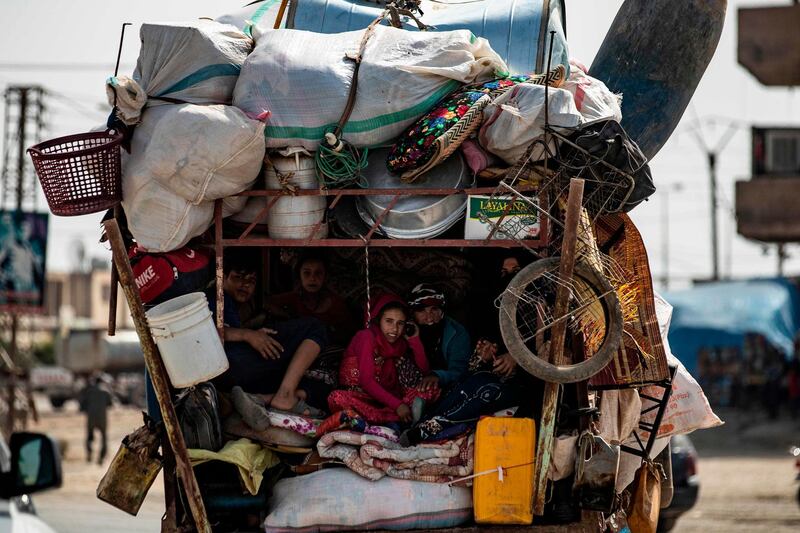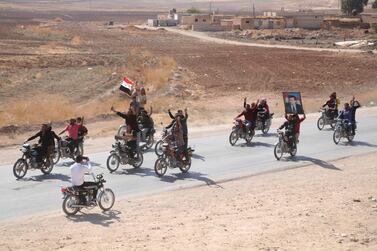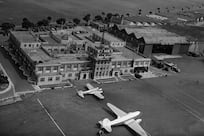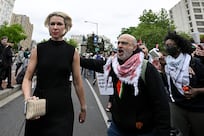European countries have been urged to do more to protect and support child migrants in a report that states more than a quarter of those travelling to Europe from war-torn places such as Syria, Afghanistan and Iraq are children.
More than 28 per cent of migrants who have arrived in Europe by the Mediterranean routes this year were children, many of whom travelled alone, a report from the UN Refugee Agency said.
By the end of September, more than 12,900 children had arrived by sea in Greece. Of these, about 2,100 had travelled alone or had been separated from their families.
Most of these children, the report states, fled violence and human rights abuse in Syria, Afghanistan and Iraq.
European States must step up efforts to protect refugee and migrant children. They continue to face risks after arriving to Europe. #DesperateJourneys https://t.co/uBJ5zIs694
— UNHCR, the UN Refugee Agency (@Refugees) October 14, 2019
The number of migrants arriving in Europe is down by more than a fifth compared to the same period last year but arrivals in Greece, Cyprus and Malta have climbed dramatically.
About 1,200 migrants arrived by sea in Cyprus between January and September, three times as many as the same period in 2018.
The report, published on Monday, came amid a mass exodus from north-east Syria as tens of thousands fled their homes amid continuing Turkish military operations.
“Hundreds of thousands of civilians in northern Syria are now in harm’s way,” the UN High Commissioner for Refugees, Filippo Grandi, said as Turkey’s military action began.
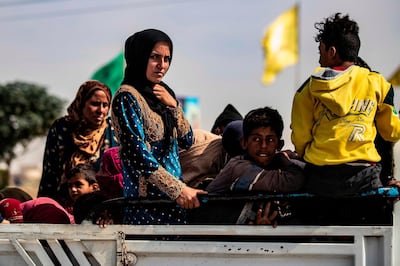
More than 130,000 people have been forced to leave their homes in Syrian towns along the border with Turkey as fighting intensified during the Turkish invasion.
Convoys of civilians fled clashes between Turkey, its allied militias and Kurdish fighters after the hasty departure of the US military from the region.
The ethnically mixed north-east region is home to between 1.5 and 2 million people, many of them uprooted from other parts of Syria.
The exodus is the latest in Syria's war that has already uprooted more than half of the population, or about 11 million people, through years of warfare that has shattered the country.
The UNHCR report also describes the “dire” conditions faced by migrants on their arrival to reception centres on Greece’s Aegean Islands.
By the end of September nearly 30,700 refugees were living in the camps on the islands, almost five times their capacity.
The UNHCR stressed the need for European states to immediately address the “severe overcrowding” in migrant centres where children are often placed, and simplify the asylum process.
